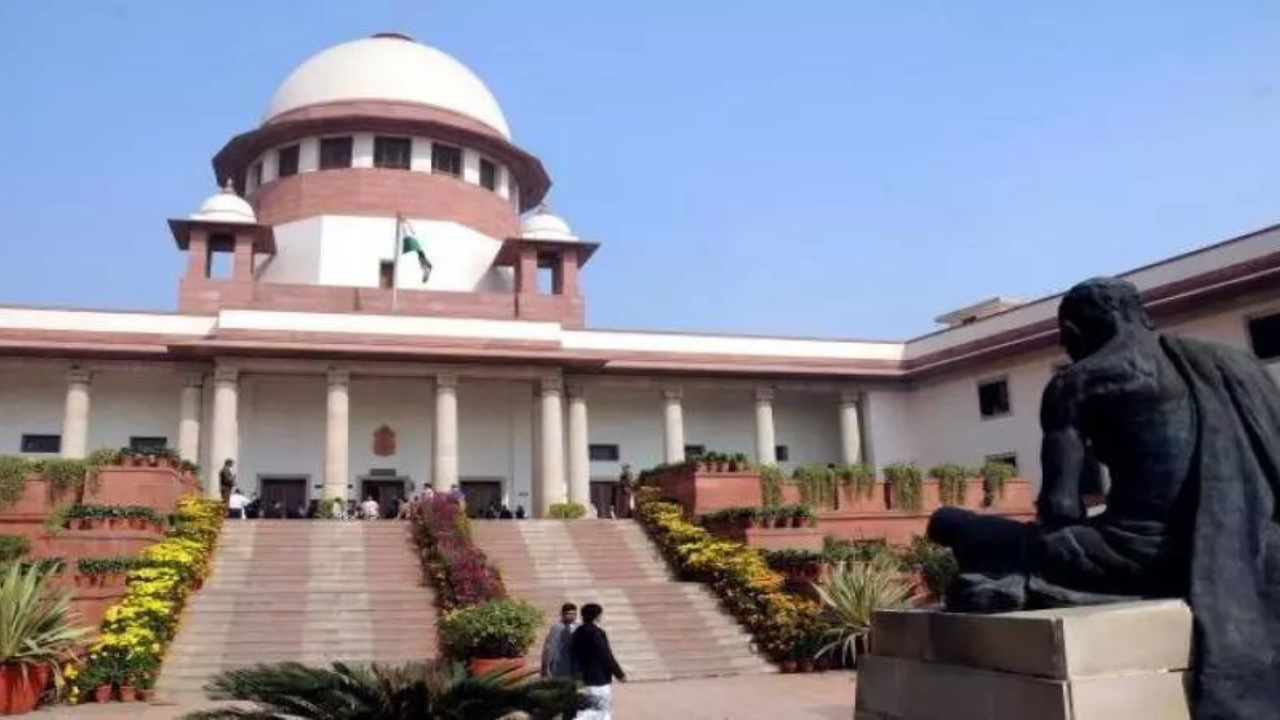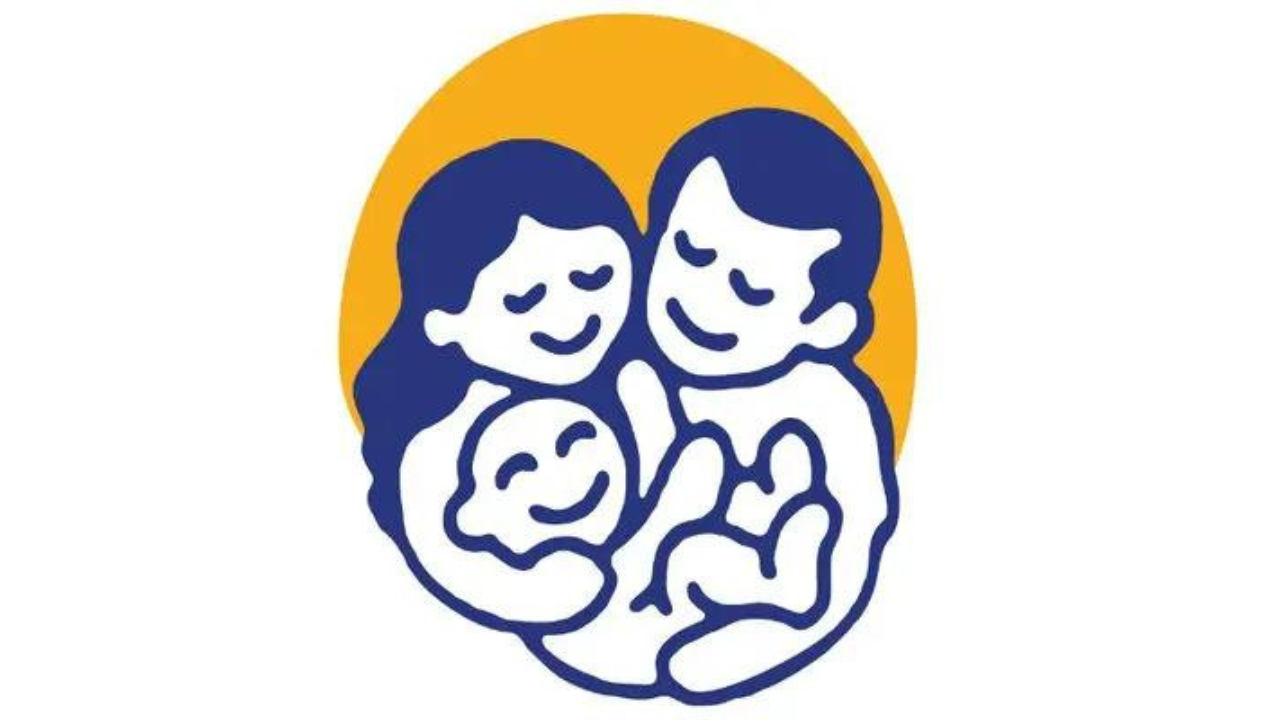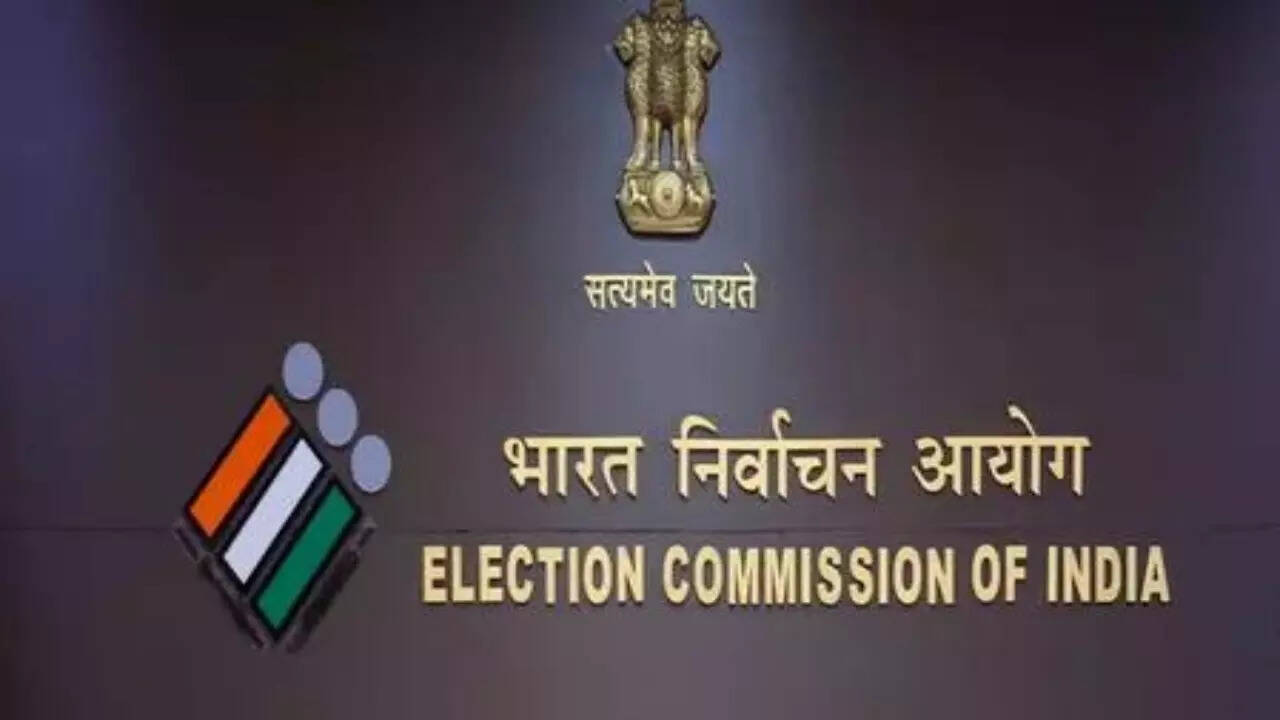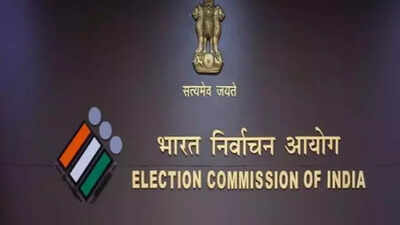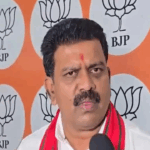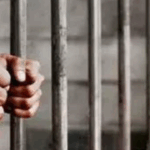NEW DELHI: Election Commission is likely to announce the dates for the Bihar polls, which may be conducted in two phases, in the first week of October.The high-stakes showdown will test the governing NDA, led by CM Nitish Kumar, against a charged opposition, which is already in battle mode with Rahul Gandhi conducting a state-wide yatra against alleged vote theft, and RJD neta Tejashwi now leading another focused on unemployment and alleged corruption. This is Bihar’s first state poll since Nitish government’s landmark caste count in 2023, which has ignited fierce debates on social justice, reservations and power-sharing. For NDA, the elections are a chance to defy voter fatigue with a CM who has been at the helm for two decades now.
Caste data may fuel demand for sub-categories within OBCs
Bihar’s elections have largely been fought along the fault lines of caste and the forthcoming round is unlikely to buck the pattern. The caste survey may have only sharpened the battle lines. Conducted under Nitish’s watch, it revealed that Other Backward Classes (OBCs) and Extremely Backward Classes (EBCs) comprise 63% of the population, with Yadavs at 14%, EBCs at 36%, and others, such as Kushwahas and Kurmis, accounting for the rest. SCs comprise 19%, while the upper castes account for 15%. Many groups among Muslims, who have a share of 17% in the population, are categorised as OBCs, but they mostly vote along community lines. Armed with this data, govt hiked reservations from 50% to 65% for jobs and education, plus 10% for economically weaker sections. The move, supposed to win over the numerically dominant “backwards”, was stayed by Patna HC but helped Nitish further fortify his credentials as a champion of OBCs. Centre’s surprise nod to a national caste census in April 2025, announced by BJP-led government, has added fresh fuel to the fire. Once wary of the demand, the Modi govt embraced it after concluding that doing so would defang what had become the chief plank of the opposition and prevent it from reversing the momentum for Hindu consolidation.The data could fuel demand for sub-categorisation within OBCs. Barring a sharp deviation from the historical pattern, the elections are likely to be shaped by the caste factor, and in this regard the NDA does not appear to be especially disadvantaged vis-àvis the rival combination if it manages to prevent the newcomer Jan Suraj from eating into its upper-caste votes.




